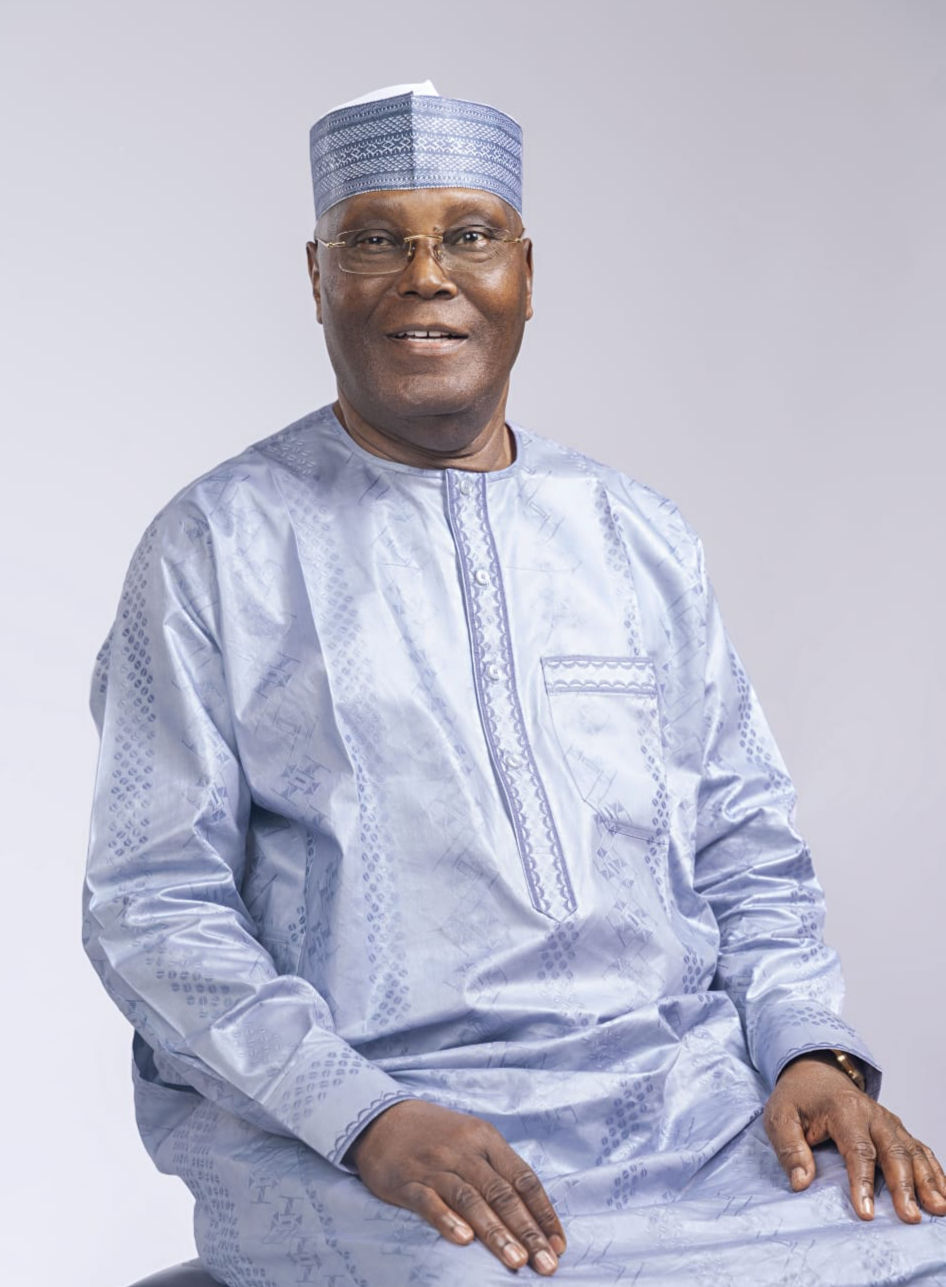NYFA LEADERS' DIGEST
- Oyediran Titilope
- Oct 4, 2025
- 3 min read

A CORRUPT LEADER'S MAGNUM OPUS: TINUBU RANKS 3RD GLOBALLY FOR CORRUPTION
In a shocking turn of events, President Bola Ahmed Tinubu has been ranked the third most corrupt leader globally, a testament to his exceptional ability to 'accumulate' wealth while in office. One can not help but marvel at the sheer audacity of diverting state funds for personal enrichment. Who needs a Swiss bank account when you can launder money through dubious road projects?
The OCCRP report details instances of alleged financial mismanagement and questionable relationships with powerful oligarchs. Tinubu's administration has been accused of sidelining anti-corruption agencies and obstructing efforts to prosecute corrupt officials. It seems the president is more interested in consolidating power than fighting corruption.
The international community's perception of Nigeria is likely to be severely affected by these findings. One wonders what the IMF and World Bank think about lending to a country with such "exemplary" governance: thanks to Mr. President! Perhaps they will just shrug it off as "cultural differences" in accounting practices.
Of course, Tinubu's supporters dismiss the report as a "smear campaign" designed to undermine the government. Meanwhile, critics argue that the diversion of state resources has hampered the government's ability to address poverty, unemployment, and national security. Who needs economic stability when you can have a fancy car and a fat bank account with the most expensive yaught to spice things up!
The OCCRP's ranking may be based on public perception, but it is clear that President Tinubu has earned his spot among the world's most corrupt leaders. As he prepares for re-election in 2027, one can only assume his campaign promises will include more of the same – only bigger and better.
President Tinubu's ranking serves as a stark reminder of the challenges facing Nigeria. Perhaps it is time for a change, or at the very least, a thorough investigation into the allegations.
THE VERDICT
President Tinubu's administration has a long way to go in proving its commitment to transparency and accountability.
WHAT ATIKU ADMINISTRATION WOULD DO TO COMBAT CRIME
The OCCPR report's findings underscore the imperative of bolstering institutional frameworks to combat corruption. Strengthening transparency and accountability within governmental agencies is crucial to preventing illicit activities.
Ultimately, a multifaceted approach is required to effectively combat corruption, allowing government and organisations work towards creating a more transparent and accountable environment, thus reducing the prevalence of corrupt practices.
AN ATIKU ADMINISTRATION WILL:
Strengthening Institutional Frameworks
- Merit-Based Recruitment: Ensure that public sector positions are filled based on merit, rather than nepotism or cronyism, to foster a culture of professionalism and integrity.
- Robust Oversight Mechanisms: Establish independent agencies to monitor and investigate corruption, such as anti-corruption commissions or parliamentary committees.
- Transparency in Decision-Making: Implement clear and accessible procedures for decision-making, reducing opportunities for arbitrary or corrupt decisions.
Enhancing Whistleblower Protection
- Secure Reporting Mechanisms: Provide safe and confidential channels for reporting corruption, such as dedicated hotlines or online portals.
- Protection from Retaliation: Ensure that whistleblowers are protected from reprisals, such as job loss or harassment, and provide support and compensation where necessary.
- Rewards for Whistleblowers: Consider offering incentives for whistleblowers who provide valuable information leading to corruption convictions.
Public Awareness Campaigns
- Education and Outreach: Educate citizens about the causes and consequences of corruption, as well as the importance of transparency and accountability, through targeted campaigns and initiatives.
- Media Engagement: Engage with media outlets to raise awareness about corruption issues and promote investigative journalism.
- Community Mobilisation: Organise community events and campaigns to mobilise citizens to demand action against corruption.
International Cooperation
- Cross-Border Collaboration: Collaborate with international partners to share best practices, coordinate investigations, and recover stolen assets.
- Global Standards: Support the development and implementation of global anti-corruption standards and conventions.
- Capacity Building: Provide technical assistance and training to help countries build their capacity to combat corruption.
Policy Reforms
- Anti-Corruption Laws: Enact and enforce robust anti-corruption laws that criminalise corrupt practices and provide adequate penalties.
- Transparency in Financial Transactions: Implement measures to increase transparency in financial transactions, such as beneficial ownership registries.
- Access to Information: Ensure that citizens have access to information about government activities and decision-making processes.
Leveraging Technology
- Digital Platforms: Utilise digital platforms to increase transparency, facilitate reporting, and monitor public expenditures.
- Data Analytics: Use data analytics to identify patterns of corruption and detect anomalies in financial transactions.
- Citizen Engagement: Engage citizens in the anti-corruption effort through participatory budgeting, social audits, and other forms of civic participation.
Team nBAU







Comments